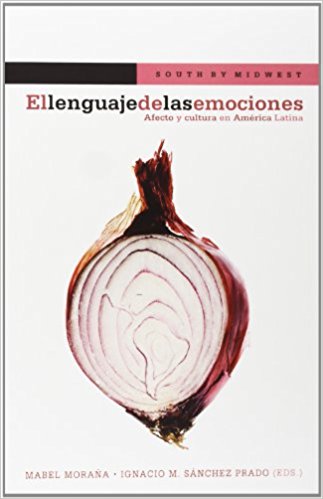Professor Moraña specializes in a number of topics, from the colonial times to the present: the Baroque, nationhood and modernity; cultural criticism and cultural theory; contemporary Latin American narrative, postcolonial studies, intellectual history, gender and violence, among others.
In addition to Moraña's courses on colonial literature and Latin American cultural criticism and cultural studies, she teaches seminars on the nineteenth century, on Baroque /neo-baroque aesthetics and ideology, on women’s literature, and on violence and representation in Latin America.
Professor Moraña is the author of nine books, most recently Arguedas/ Vargas Llosa. Dilemas y ensamblajes (2013), La escritura del límite (2010), Crítica impura (2004), Viaje al silencio. Exploraciones del discurso barroco (1999), Políticas de la escritura en América Latina (1997), among others. She has edited and co-edited more than thirty books, including Coloniality at Large. Latin America and the Postcolonial Debate (with Enrique Dussel and Carlos A. Jauregui), Ideologías del Hispanismo (2005), El salto de Minerva. Género, intelectuales y poder en América Latina (with María Rosa Olivera-Williams) (2006), Carlos Monsiváis ante la critica (with Ignacio Sánchez Prado) (2007), Ángel Rama y los estudios latinoamericanos (2006), etc.
Her many visiting appointments have taken her to such institutions as the Universidad de los Andes in Bogotá, Harvard University, the Universidad Andina Simón Bolivar in Quito, and the University of California at Santa Cruz. She lectured extensively in France, Spain, South Korea, Canada, Latin America, and the United States, serving as keynote speaker in many national and international conferences.







